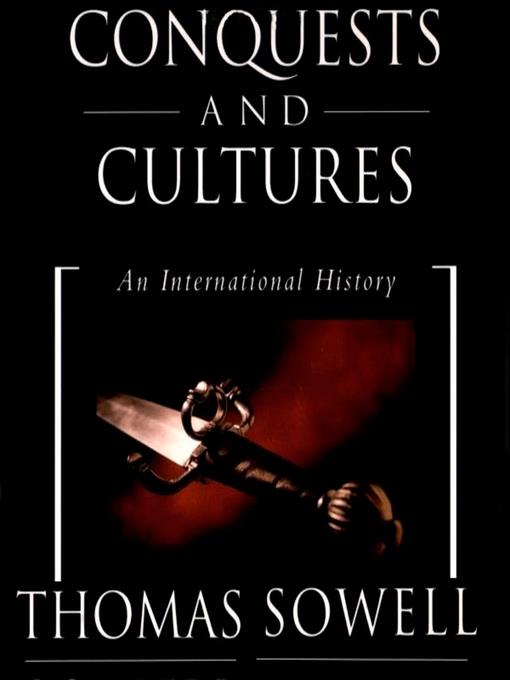
Conquests and Cultures
An International History
کتاب های مرتبط
- اطلاعات
- نقد و بررسی
- دیدگاه کاربران
نقد و بررسی

May 4, 1998
Sowell presents this as the final volume in a trilogy that includes Race and Culture (1994) and Migration and Culture (1996). Like its predecessors, the book incorporates two principal themes: that racial, ethnic and national groups have their own particular cultures, and that those cultures are mutable. Sowell offers four case studies--the British, the Africans, the Slavs and the American Indians--in evidence for his argument that the antecedents, processes and consequences of conquest generate broad-spectrum interactions and responses. Cultures in contact with each other usually influence each other even if the matrix is based on domination/submission, he explains. Brutal conquests can lead to the spread of advanced skills. Cultural borrowing is accompanied by genetic diffusion, and both make a mockery of biological racism and behavioral stasis. The key distinction among human communities is, for Sowell, "human capital"--the spectrum of individual and collective learned behaviors that produce distinctive patterns of skills and attitudes. The positive form of this capital is based on flexibility--receptivity to cultural transfers and willingness to apply those transfers in different contexts. Sowell, an economist by training and a conservative by conviction, emphasizes the wealth-creating aspects of human capital and argues for the centrality of achievement to developing group self-esteem. He references his arguments to a wide range of sources from a broad spectrum of disciplines. Academic specialists are likely to join critics of Sowell's emphasis on cultural malleability in accusing him of using the tools of scholarship to support his preconceptions. Sowell's conclusion that the course of history is determined by what peoples do with their opportunities is nevertheless an emotionally and intellectually compelling challenge to determinism in all its variant forms, from Marxism to multiculturalism.

Sowell attempts to describe the effect of conquests and conquering on nations, in particular Great Britain, Africa, the Slavic nations and the Americas. The work provides a broad background in the history, economics and politics of each country or continent. Whitener reads this extensive sociopolitical history smoothly, taking his time to pronounce all the non-English words properly and allowing the listener to think about Sowell's hypothesis. Although clearly and professionally performed, the text is repetitive, and the information shallow in places. Specific examples of actions and events that might be footnoted in the print version are lacking in the audiobook, frustrating the listener. M.B.K. (c) AudioFile, Portland, Maine

























دیدگاه کاربران